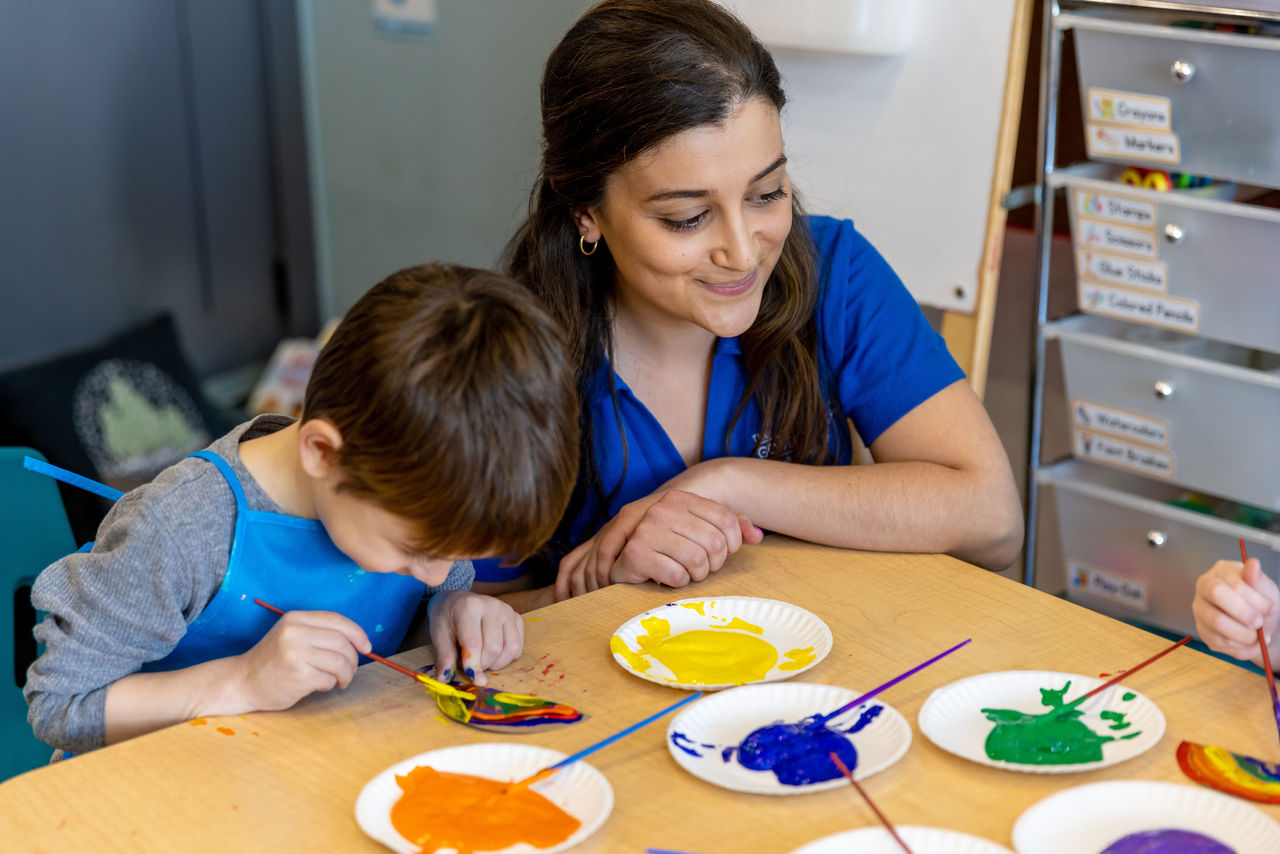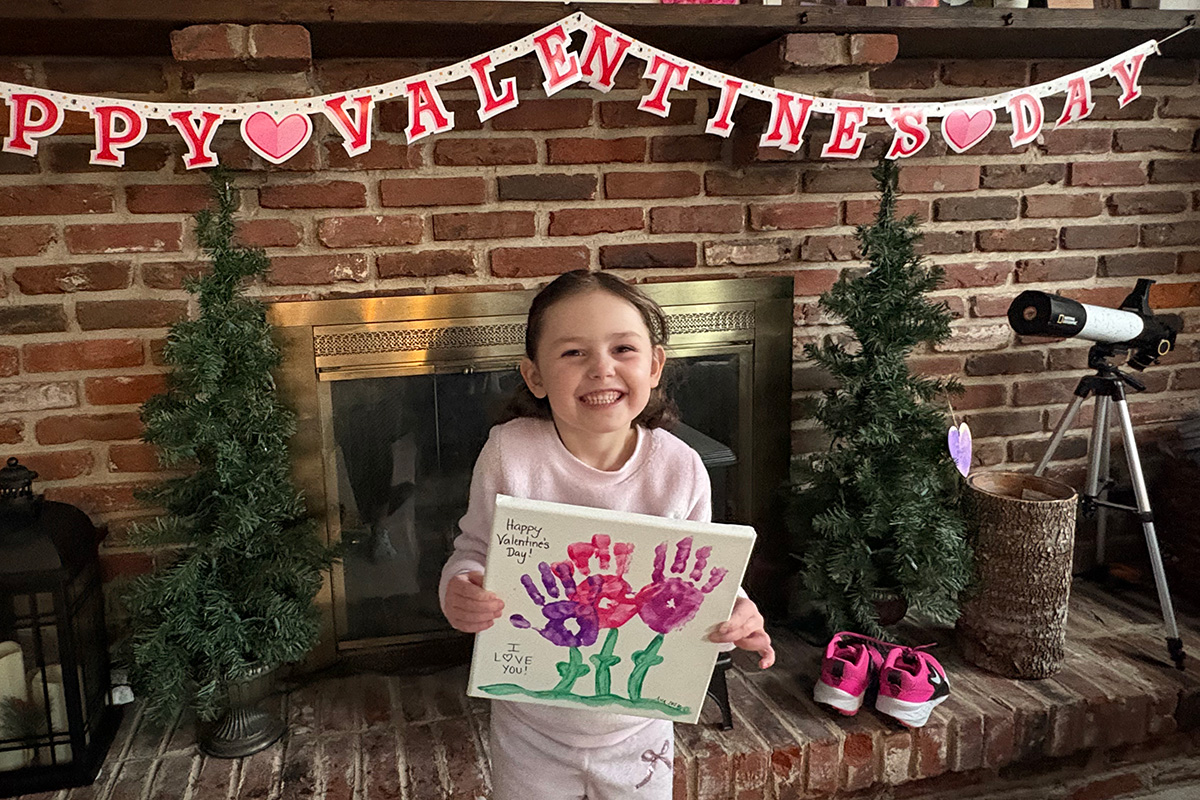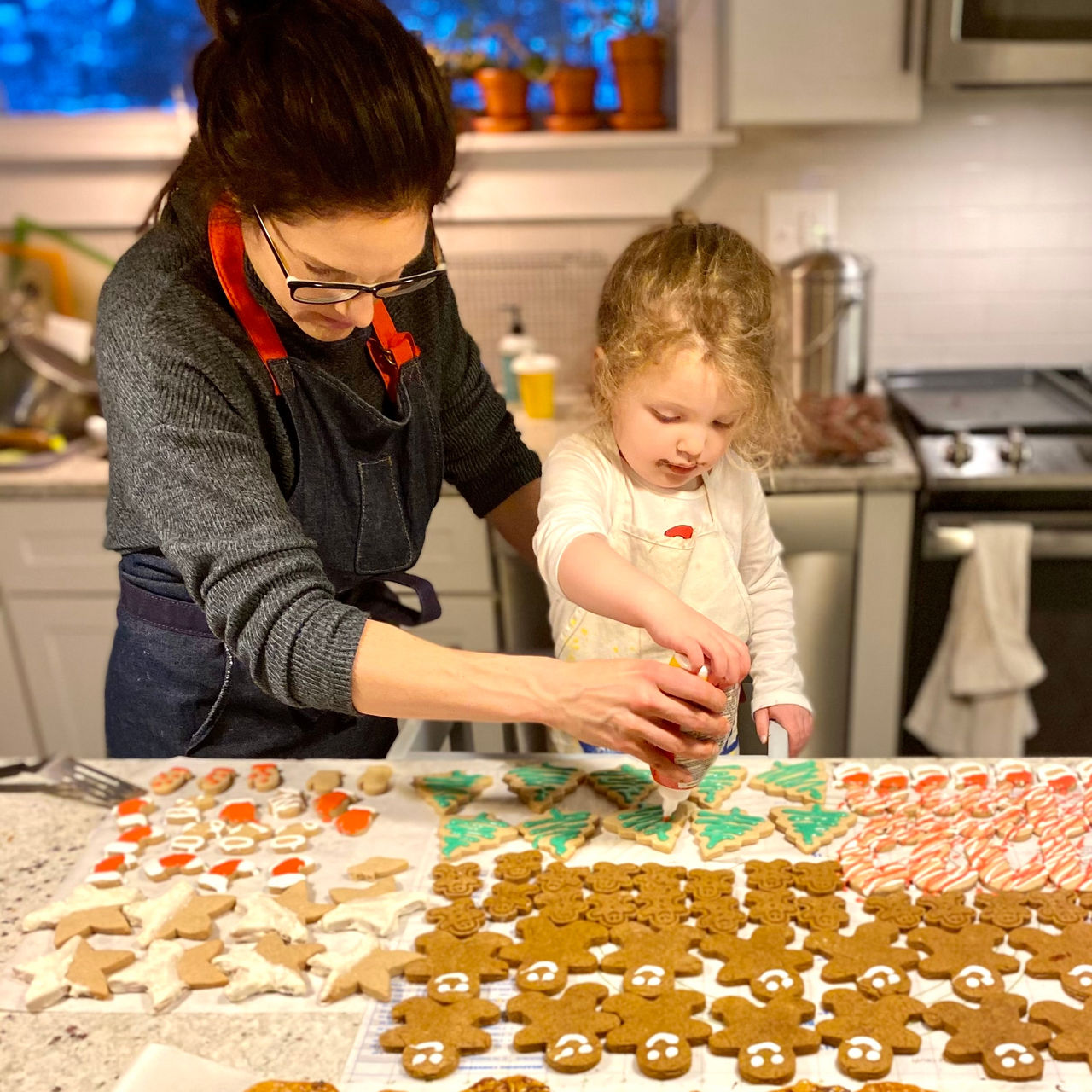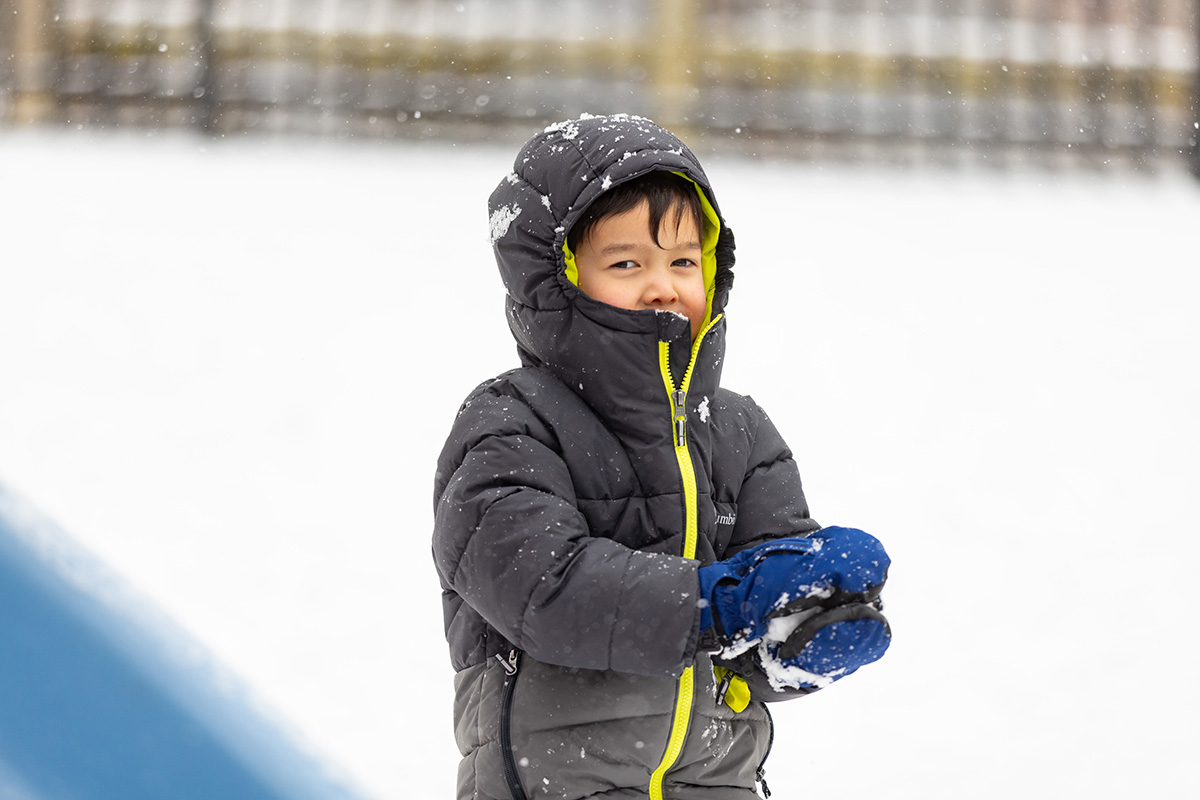Preschool provides early learning experiences that teach children a wide array of skills often through play and creativity. Preschool crafts are an invaluable tool for encouraging self-expression through art, developing motor skills and using imagination to create. Arts and crafts for preschoolers make learning fun and offer children the opportunity to learn by doing.
Benefits of Arts & Crafts
Children who are given the opportunity to create art projects in school become better at expressing their thoughts, feelings and ideas. Engaging in creative activities also positively impacts mental health, helping to improve a child’s confidence and self-esteem.
Arts and crafts are also incredibly important in helping children develop their fine motor skills. Art projects require the use of muscles in the hands, wrists and fingers. Over time those muscles get stronger, making it easier for children to learn to write. Children also cultivate patience and concentration when they make arts and crafts.
Examples of Engaging Art Activities for Preschoolers
The value of art activities for preschoolers cannot be overstated; giving children outlets to express their creativity in a safe and nurturing environment makes a significant and positive impact on their future development.
Finger Painting: Exploring Colors and Textures Through Hands-On Fun
Finger painting is a beloved art activity for preschool-age children that’s as simple as it sounds. Children use their fingers to create artwork with non-toxic paints on blank paper. Finger painting improves children’s sensory abilities and helps build sensory integration skills. It helps them develop hand-eye coordiantion in addition to fine motor skills and it teaches them about colors, shapes and spatial relationships.
Collage Making: Creating Mini Masterpieces with Cut-Out Shapes and Materials
Collage making is a craft that lends itself to children of all ages. Preschoolers can use a wide variety of materials with different colors and textures to create a truly unique work of art. Collages help children:
- Earn skills like gluing, sticking, taping and tearing
- Experiment with different materials
- Practice concentration, independence and decision-making skills.
Nature Crafts: Bringing the Outdoors In
Children of all ages find joy in nature and quite naturally begin collecting items they find outside like rocks, leaves and acorns. Preschool children can learn so much from collecting bits and pieces of natural objects and using them to create artwork, like:
- Confidence to explore, appreciate and engage with the world around them.
- Sensory-based learning.
- Resourcefulness, cause and effect and communication.
Sensory Art: Engaging Multiple Senses with Sensory Bins and Texture Exploration
Sensory art is a must for preschoolers. Arts and crafts that engage multiple senses, like using molding dough to make sculptures or using shaving cream and glue to create puffy paint, are essential to early childhood development. Sensory art:
- Encourages children to problem solve.
- Offers children opportunities for tactile learning.
- Helps children learn how to explore and investigate their environment.
Upcycling: Turning Household Items into Artistic Creations
Using recycled household objects to create artwork presents a world of possibility for preschoolers. There is no limit to what children can create with recycled items using their imagination. Recycled art:
- Teaches children how to reuse and recycle.
- Encourages creativity through sustainability.
- Demonstrates the value and purpose in everyday items.
Sticker Art: Creating Colorful Scenes with Sticker Collages
Sticker art has tremendous value for preschoolers. Not only is it a mess-free activity, which makes it a great option for sensory avoiders, but it helps children develop many important skills, like:
- Fine motor skills, including the pincer grasp.
- Bilateral hand coordination.
- Spatial awareness.
Puppets and Puppet Making: Encouraging Storytelling and Imaginative Play
Many preschoolers enjoy playing with puppets and puppet making. Not only is it fun to invent characters, but puppets open up a world of playtime possibilities. The benefits of puppet making include:
- Imagination-based storytelling.
- Language development.
- Self-confidence.




